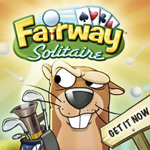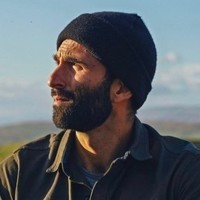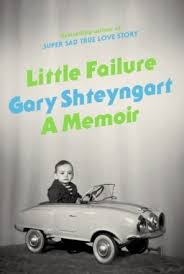Sponsored
Sponsor: Fairway Solitaire
Winner of IGN's 2012 People’s Choice Award for Best Mobile Board Game, Fairway Solitaire is an addictive and witty game that combines the classic card game, solitaire, with golf to create a unique experience that's taking over the App Store. (It's rated five out of five stars.)
USA Today said Fairway Solitaire is "so engrossing you can’t simply put it down." Kotaku called it "damn good." And for a limited time, you can get the paid version for free. Download Fairway Solitaire today.













